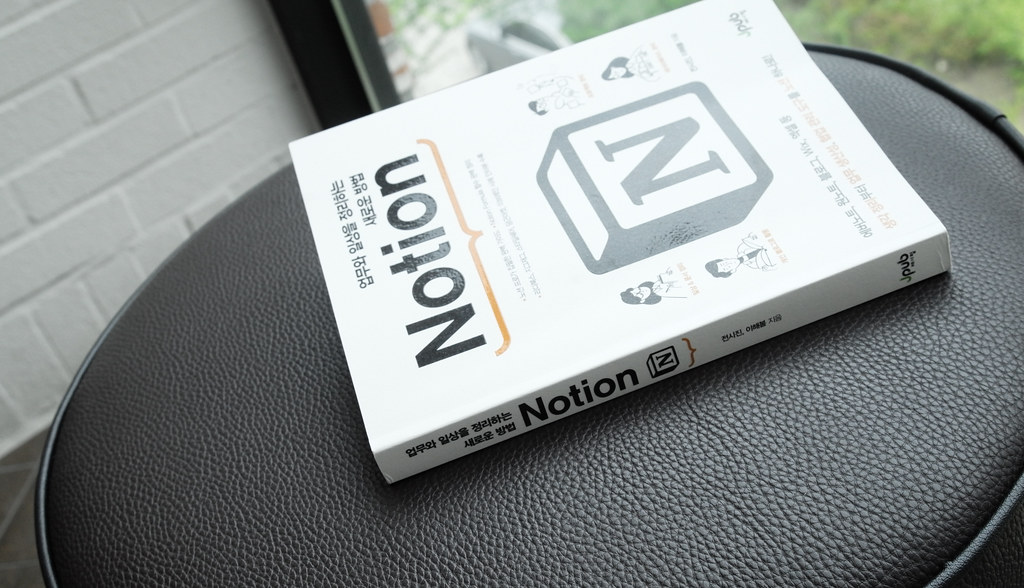
The generative AI boom, which began with the public launch of ChatGPT in November 2022, has become a dominant theme in the tech industry, and Notion has been an early beneficiary. Two weeks before ChatGPT hit the market, the productivity software startup announced its own artificial intelligence feature using an OpenAI model. Notion AI was designed as a “writing assistant” to help with brainstorming, editing, and summarizing. This AI wave has pushed Notion’s annualized revenue past $500 million.
On Thursday, Notion launched a preview of an additional feature called custom agents, which can perform actions in the background. As an example, a custom agent could be instructed to produce and send a list of articles relevant to a person’s interests every week. These new agents can create documents and pull in data from many sources, using models from companies like OpenAI and Anthropic. Notion’s co-founder, Akshay Kothari, said in an interview that the company is struggling to keep up with enterprise demand for its AI tools, noting that corporate clients include Kaiser Permanente, Mitsubishi Heavy Industries, Nvidia, and Volvo Cars.
New Custom Agents and Features
Notion was founded in 2013 and has grown to have about 1,000 employees and over 100 million users. The company’s most recent fundraising round was in 2021, when it raised $275 million at a $10 billion valuation. Kothari says the company has more cash on hand than the $330 million it has raised to date.
Notion’s annual revenue growth has accelerated every month since May, when the company introduced new AI products for summarizing meetings and searching through corporate files. Kothari noted that the percentage of customers paying for AI add-ons has jumped from 10% to 20% last year to over 50% recently. As a result, the company has started including AI in its business and enterprise plans without charging extra.
A Highly Competitive Market
The productivity software space is a highly competitive one, with tech giants Microsoft and Google at the center. Weeks after Notion’s last funding round, Microsoft announced Loop, a competing app for working on documents. Microsoft is also pushing its Copilot AI assistant, and Google offers the Gemini AI option for its Workspace applications.
Despite this competition, a company like Ramp, a business credit card startup, pays for the Gemini AI option for Google Workspace apps but encourages its employees to use Notion for documents and project tracking. Ben Levick, Ramp’s head of operations, said that nine out of ten of its 1,200 employees now use Notion’s AI features every month, and the company is testing the new custom agents.
Author’s Opinion
Notion’s success demonstrates the strategic advantage of being “AI-native” from the start, rather than retrofitting AI onto an older platform. While Microsoft and Google are powerful competitors, Notion’s focus on a single, flexible workspace, now augmented with sophisticated AI, has allowed it to grow rapidly and capture a dedicated user base. This suggests that in the new AI era, a focused, specialized approach can still beat out the giants, at least for a time, by offering a more seamless and integrated experience. The rapid adoption of its AI features by enterprise clients shows that businesses are looking for solutions that are purpose-built for the new AI-driven world, not just add-ons to existing software.
Featured image credit: HS You via Flickr
For more stories like it, click the +Follow button at the top of this page to follow us.
